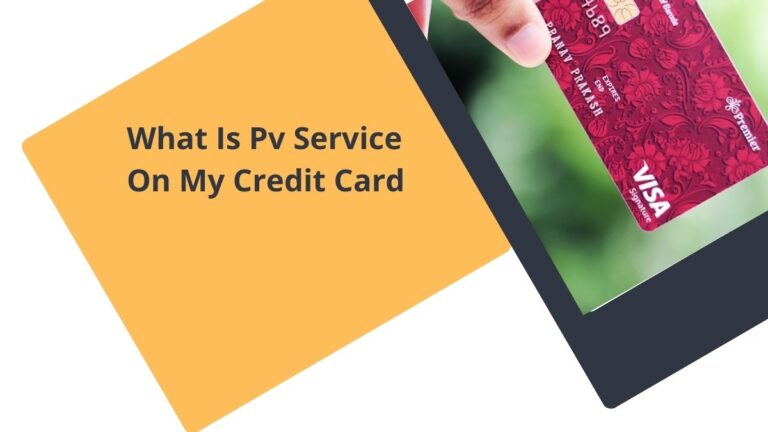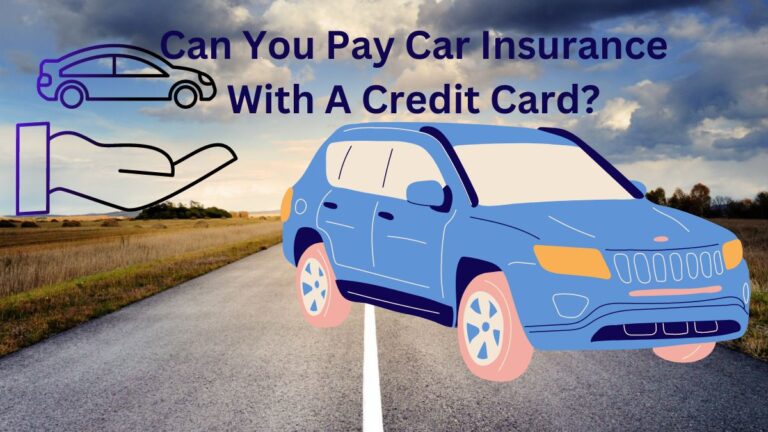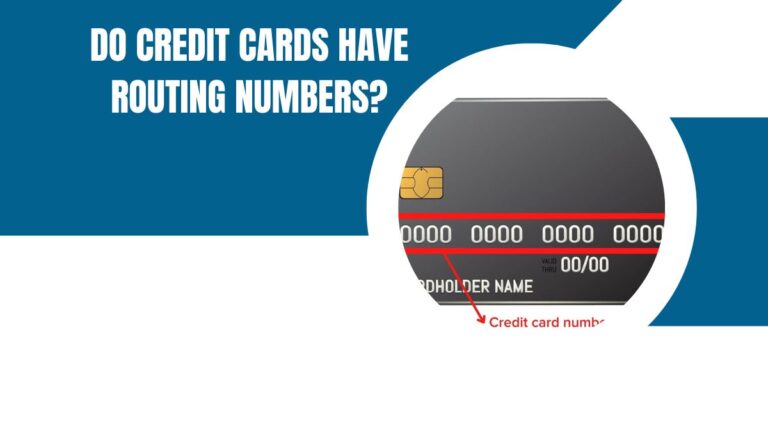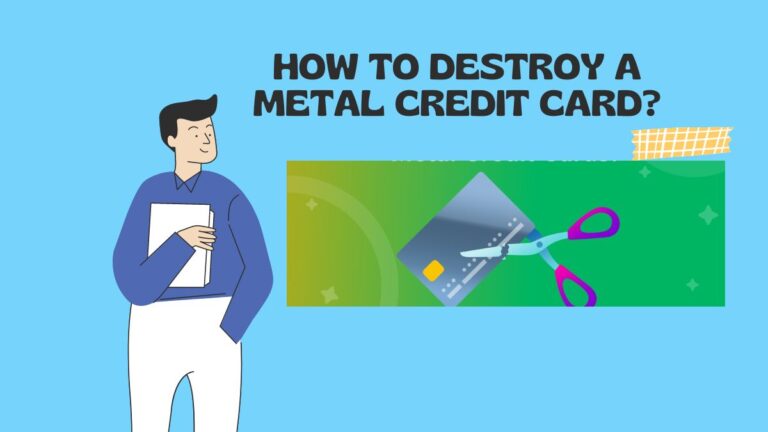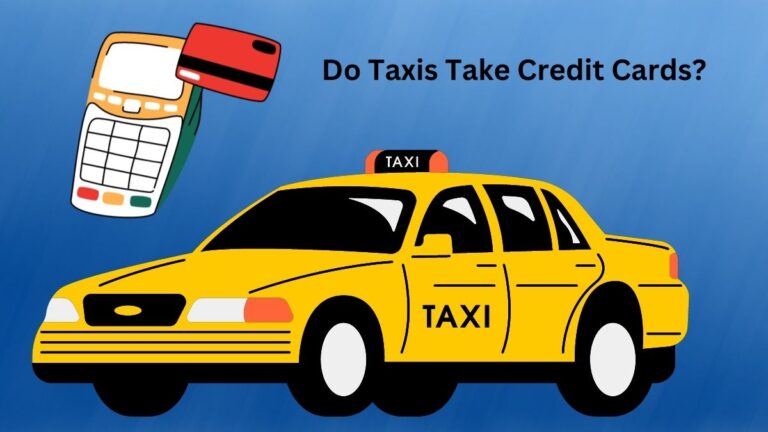What Happens If You Stop Paying Credit Cards?
Are you tired of the never-ending cycle of credit card payments? Or maybe life has thrown a curveball at you, making it impossible to keep up with your bills. Whatever the reason, have you ever wondered what would happen if you simply stopped paying your credit cards?
Buckle up and get ready for some eye-opening insights in today’s blog post! We’ll explore the consequences, and potential impacts on your credit score, and even offer some expert tips on how to navigate this situation should it arise. So grab a cup of coffee and join us as we dive into the fascinating world of unpaid credit card debt.
What is a Credit Card?
A credit card is a loan that you will have to pay back with interest. The credit card company pays your bills, so you don’t have to worry about them. When you first get the card, the credit limit is usually high, but it will decrease over time as you use the card. If you don’t pay your bill on time, your credit score will be lowered and you may not be able to get a new credit card. Here are some things that can happen if you stop paying your credit cards:
- Your account could be frozen because you haven’t paid in a while and the company thinks you may not be able to pay the balance
- You could receive a letter from the credit card company saying that your account has been closed because of nonpayment
- Your ability to borrow money might be impacted because of your bad credit score
How Do Credit Cards Work?
Credit cards are a great way to borrow money quickly and easily, but if you stop paying your card balance, you could end up with a lot of debt. Here’s what will happen if you don’t pay your credit card bills on time: Your credit score will decline. This means that lenders may be less likely to offer you loans in the future, which could lead to higher interest rates on other purchases.
Your credit limit might also decrease. This means that if you do decide to borrow money in the future, your lender might not give you as much money as they would have before. If your credit limit is lowered too low, it could prevent you from ever getting a loan again.
If you owe more than 30 percent of your available credit limit, creditors may start charging high-interest rates on all of your purchases.
If you don’t pay your bill on time, creditors may also sue you in court. Creditors can try to get a judgment against you for the amount that’s still owed, which can result in financial penalties such as wage garnishment or seizure of assets.
What happens if you stop paying your credit cards?
If you stop paying your credit cards, the following will happen:
- Your debt will continue to grow until it is paid in full.
- interest will continue to accrue on the balance, which could result in a higher interest rate when you try to borrow money in the future.
- you may be reported to credit bureaus as a delinquent debt holder, which could damage your credit score.
- You may also have difficulty getting new credit if your credit history shows that you are a difficult debt payer.
Alternatives to Credit Cards
If you stop paying your credit cards, there are a few potential consequences. First, your credit score may suffer because you have been significantly behind on your payments. Second, your credit card companies may start levying fees or issuing new penalties such as higher interest rates or debt collection efforts.
And finally, you might find that you cannot use your cards at all or that they are no longer accepted by merchants. Before making any decisions about whether to pay off your cards or stop paying them altogether, it’s important to understand the risks and rewards of each option.
When deciding whether to stop paying credit cards, it’s important to weigh the pros and cons of both options. Stopping payments can cause your credit score to decline quickly, but this decision may also result in lower interest rates and reduced penalties from your card companies.
On the other hand, if you don’t stop payments, you may eventually face serious financial consequences such as high-interest rates and debt collection efforts. It’s often best to speak with a financial advisor about which option is best for you specifically based on your individual situation and spending habits.
Conclusion
If you have been thinking of stopping your monthly payments on your credit cards, now might be a good time to do it. According to WalletHub, if you stop paying your credit card bills on time each month, the average interest rate that creditors will charge you is about 16%. However, if you miss any consecutive months, the interest rates can easily reach 25%. So it’s important to make sure that all of your payments are on time in order to keep those high-interest rates at bay.
If you decide to stop making credit card payments altogether, be prepared for a lot of extra work and responsibility – there is no guarantee that creditors will allow you to remain in good standing without consistent payment history.

